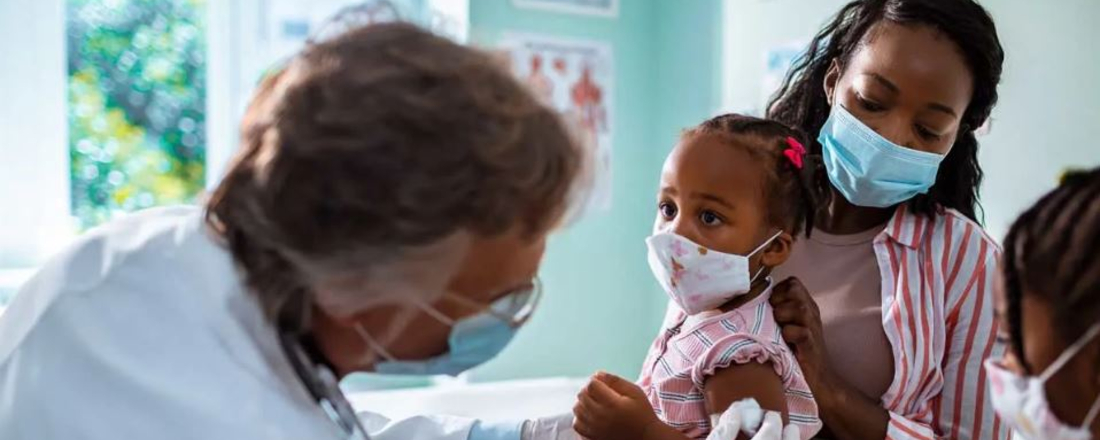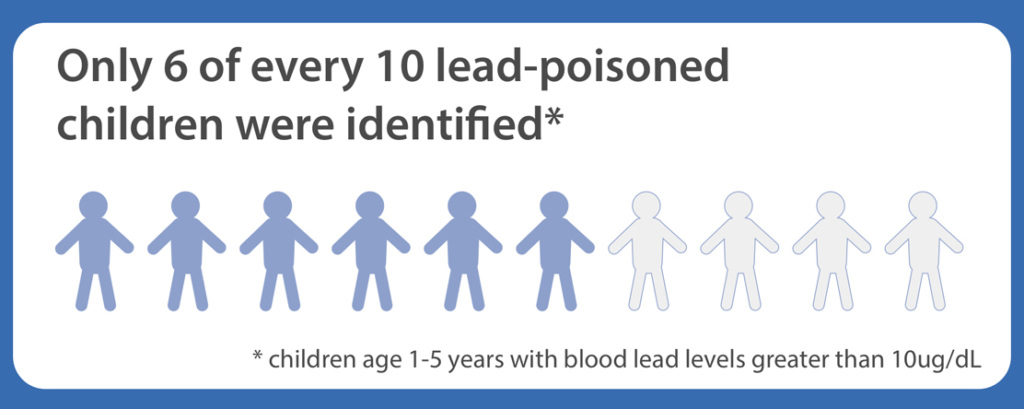
In the News
How to Get Your Kids Back on Track With Medical and Dental Care
- Consumer Reports
-
Focus Areas
Women, Youth & Children -
Programs
Tracking California

When the COVID-19 pandemic first took hold in the U.S. last spring, many Americans skipped medical appointments. For kids, who often need to be seen more frequently than adults, especially at young ages, the impact was significant. In certain cases, experts say, if children’s care, screenings, and vaccinations are put off for too long, the negative effects could reverberate for years.
Consumer Reports spoke with pediatric and public health experts to find out how important these visits are, and how parents should prioritize getting back on track with care for their kids.
What Was Missed
Vaccinations: From mid-March to mid-April, childhood vaccination rates plummeted, according to a CDC report. Doctors ordered 2.5 million fewer doses of routine vaccines through the federal program that provides approximately half of routine childhood vaccines, according to that report.With many kids returning to school, pediatricians worry that outbreaks of preventable diseases such as measles could emerge alongside the ongoing coronavirus pandemic.
Routine screenings: Especially in the first few years of a child’s life, doctors regularly check to ensure that children are growing as expected. They also test their hearing and vision, and screen for childhood cancers, autism, exposure to lead, and developmental delays that may affect speech and learning.
In many of these cases, “the earlier you initiate therapy, the better the outcome is,” says Heather Felton, a pediatrician and an associate professor of pediatrics at the University of Louisville in Kentucky.
The earlier that lead exposure is discovered, for example, the earlier health officials can work to identify where it’s coming from, remedy the source, and start to provide education support and services that can mitigate the harm, says Daniel Madrigal, a health educator with Tracking California, a program of the Public Health Institute.
“Lead exposure is irreversible,” says Madrigal, who co-authored a 2017 report that estimated that existing lead screening protocols from 1999 to 2010 probably missed about half of the kids between birth and age 5 with elevated levels of lead in their bodies. With children missing visits because the pandemic, and an overwhelmed public health infrastructure trying to cope with COVID-19, it’s likely that an increased number of cases could go undiagnosed, he says.

Getting Back on Track
If you’ve missed a couple of appointments with a younger kid, you may have to catch up on vaccinations by getting a few at the same time. This is safe, according to Felton.
“Get everything while you are here, so you don’t have to come back,” she says. During the same appointment, pediatricians can also perform important tests or screenings that your child has missed.
Click below to read the full story in Consumer Reports.
Originally published by Consumer Reports
More Updates
Work With Us
You change the world. We do the rest. Explore fiscal sponsorship at PHI.
Support Us
Together, we can accelerate our response to public health’s most critical issues.
Find Employment
Begin your career at the Public Health Institute.



